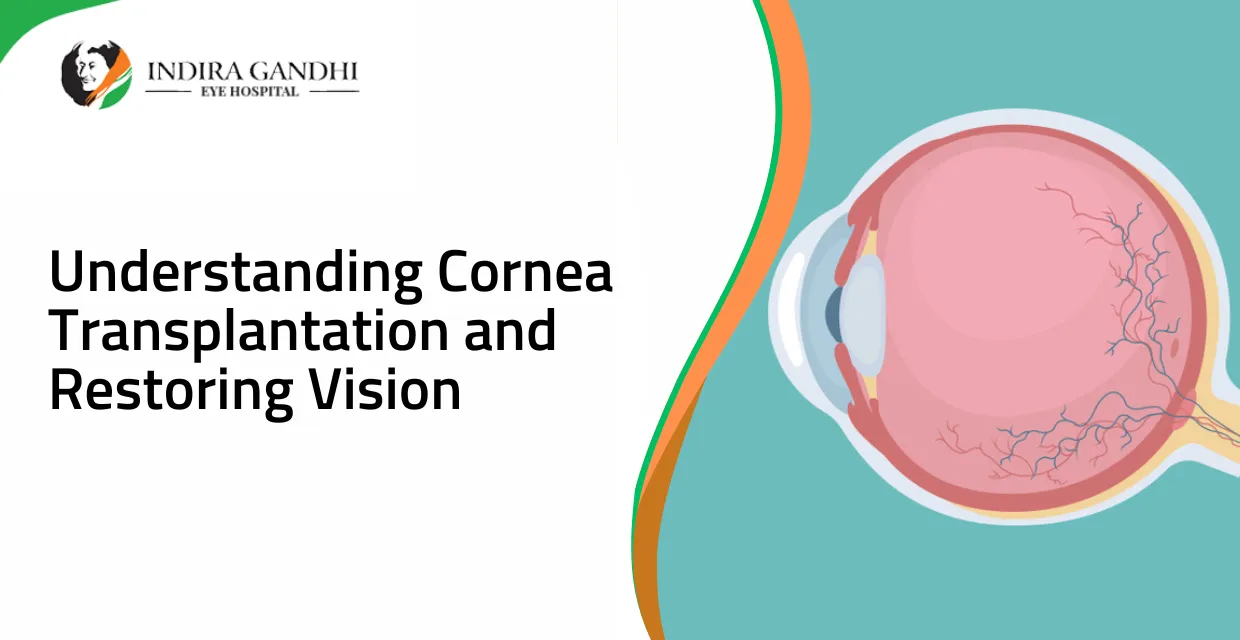Understanding the Cornea
Before diving into the repair methods, let's understand what the cornea is. The cornea is the eye's outermost layer. It plays a crucial role in focusing your vision. Any damage to this part can affect your sight, causing pain, blurred vision, or even blindness if left untreated.
Causes of Corneal Damage
Corneal damage can be caused by:
Injuries: Scratches, cuts, or foreign objects.
Infections: Bacterial, viral, or fungal infections.
Diseases: Conditions like keratoconus or corneal dystrophy.
Dry Eyes: Severe dryness can lead to corneal damage.
Chemical Burns: Exposure to harmful chemicals.
Symptoms of Corneal Damage
Pain or discomfort
Redness or swelling
Blurred vision
Sensitivity to light
Watery eyes
Feeling of a foreign object in the eye
Here's a breakdown of how you can repair a damaged cornea:
1. Minor Injuries and Abrasions
For minor scratches or abrasions, the cornea often heals on its own within a few days. You can use:
Lubricating Eye Drops: Helps in keeping the eye moist and speeding up healing.
Antibiotic Eye Drops/Ointments: Prevents infection and promotes healing.
Pain Relief Medication: Over-the-counter pain relievers can help manage discomfort.
2. Treating Infections
If an infection is causing corneal damage, appropriate treatment depends on the type of infection:
Bacterial Infections: Treated with antibiotic eye drops or oral antibiotics.
Viral Infections: Managed with antiviral medications.
Fungal Infections: Require antifungal eye drops.
3. Corneal Cross-Linking
For conditions like keratoconus, corneal cross-linking is a common procedure. It strengthens the cornea by using riboflavin (vitamin B2) and ultraviolet light.
4. Laser Therapy
Laser treatments, like Phototherapeutic Keratectomy (PTK), are used to remove damaged tissue and promote the growth of healthy corneal cells.
5. Corneal Transplant
In severe cases where the cornea is extensively damaged, a corneal transplant might be necessary. This involves replacing the damaged cornea with a healthy donor cornea.
Data and Technical Details
Here's a quick look at the effectiveness of various treatments:
Treatment | Success Rate | Recovery Time | Suitable For |
Lubricating Eye Drops | 90% | 1-3 days | Minor abrasions and dryness |
Antibiotic Eye Drops | 85% | 3-7 days | Bacterial infections |
Corneal Cross-Linking | 80% | 1-2 weeks | Early-stage keratoconus |
Phototherapeutic Keratectomy (PTK) | 75% | 2-4 weeks | Superficial corneal irregularities |
Corneal Transplant | 90% | Several months | Severe corneal damage |
Repairing a damaged cornea might seem daunting, but with the right knowledge and timely treatment, it’s entirely manageable. Whether it's minor injuries that heal with simple eye drops or more complex conditions requiring procedures like corneal cross-linking or transplants, there are effective solutions available. Understanding the symptoms and causes of corneal damage can help you seek prompt medical attention, ensuring better outcomes and faster recovery.



